Deputy Prime Minister Chrystia Freeland says the federal government is working alongside British Columbia on its opioid crisis, but refused to say when Ottawa would reverse the province’s drug decriminalization policy.
“The province of B.C. made a request for a temporary pilot project. B.C. now has concerns about that project, which we share,” Ms. Freeland said during question period May 2.
“We are now working together to address those concerns. Opioid addiction is a tragedy that has affected far too many Canadian families. We have to work together to solve it, not score cheap partisan points off the pain of Canadians. ”
B.C. Premier David Eby last week asked Health Canada to amend the 2023 order issuing an exemption to federal drug laws decriminalizing possession of up to 2.5 grams of certain illegal drugs, including heroin, fentanyl, cocaine, and methamphetamine.
Mr. Eby asked the agency to recriminalize the use of those drugs in public spaces.
“While we are caring and compassionate for those struggling with addiction, we do not accept street disorder that makes communities feel unsafe,” Mr. Eby said on April 26.
The request came after months of reports of drug use in public areas like hospitals, bus stops, and parks across the province. Police, health care workers, and municipal politicians have criticized the policy, saying it has eroded public safety while doing little to curb drug abuse.
Ms. Freeland told Parliament that she had been in touch with Mr. Eby and “assured him that we share his concerns and we are working urgently together to address them.” But the finance minister refused to answer Opposition House Leader Andrew Scheer’s question on what date the pilot project would be reversed.
“It’s a simple question. It’s a simple decision to make. So one final time Mr. Speaker, on what date will this government make it illegal to smoke crack in a hospital room? Just the date,” asked Mr. Scheer.
“We share their concerns and we are working together to support public health and public safety,” Ms. Freeland responded. “What we’re not doing is fundraising off of the pain, death, and suffering of Canadians.”
Toronto’s Drug Policies
Conservative Leader Pierre Poilievre has been focused on B.C.’s drug policies in recent days, sending an open letter to Prime Minister Justin Trudeau May 1 that calls on him to reverse his government’s support for decriminalization in B.C. In that letter, he also urged the government to reject the city of Toronto’s request to decriminalize drugs.
“If you allow Toronto to legalize hard drugs, as you did with British Columbia, the only outcome will be leaving the most vulnerable Canadians to a life of misery and despair,” he wrote in the letter.
Toronto first requested in 2022 that Ottawa exempt all drugs for personal use in the city. It updated its request in 2023 to ask that young people also be protected from criminalization and to not include a cap on possession, which goes further than B.C.’s drug policy.
Toronto Medical Officer of Health Dr. Eileen de Villa said in an April 30 statement that the city would continue acting with other treatment investments. The proposal had been crafted with the support of a “wide range of stakeholders,” including Toronto police and individuals who have used the drugs, she added.
Addictions Minister Ya’ara Saks said during question period that every request to Ottawa would be reviewed on a “case-by-case basis.” She added that Toronto Public Health’s proposal did not “adequately address the dual objectives of public health and public safety which have guided us throughout addressing the opioid crisis.”

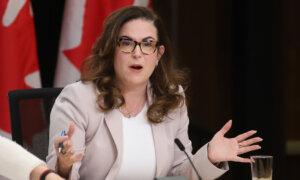
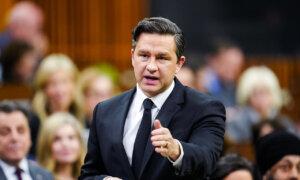

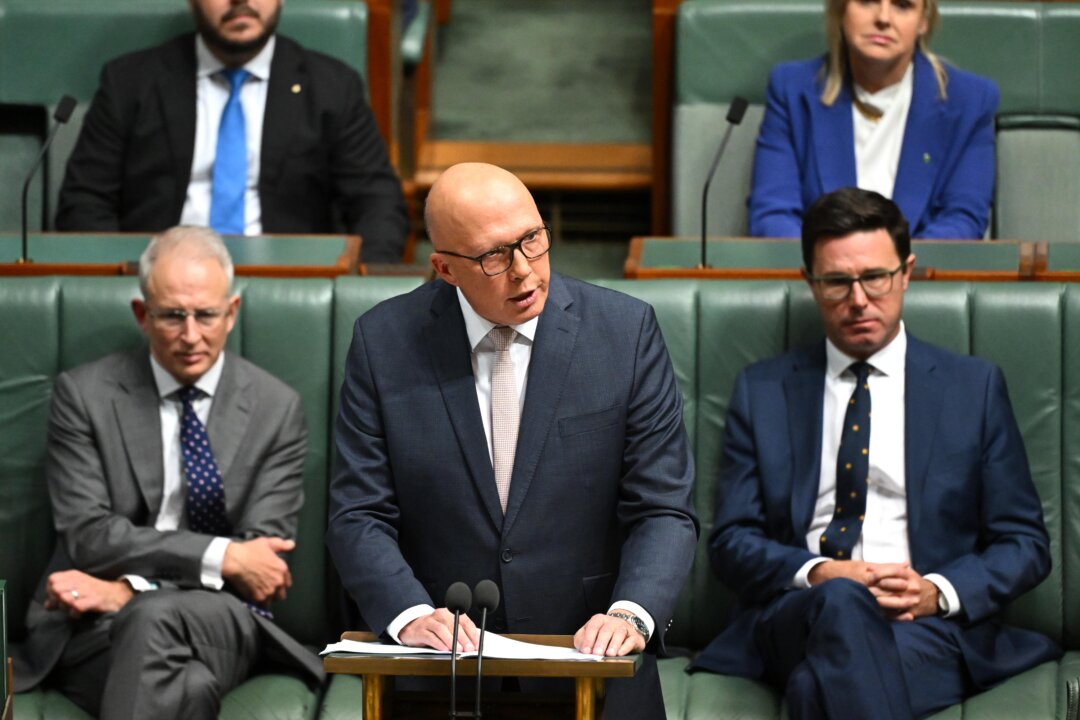

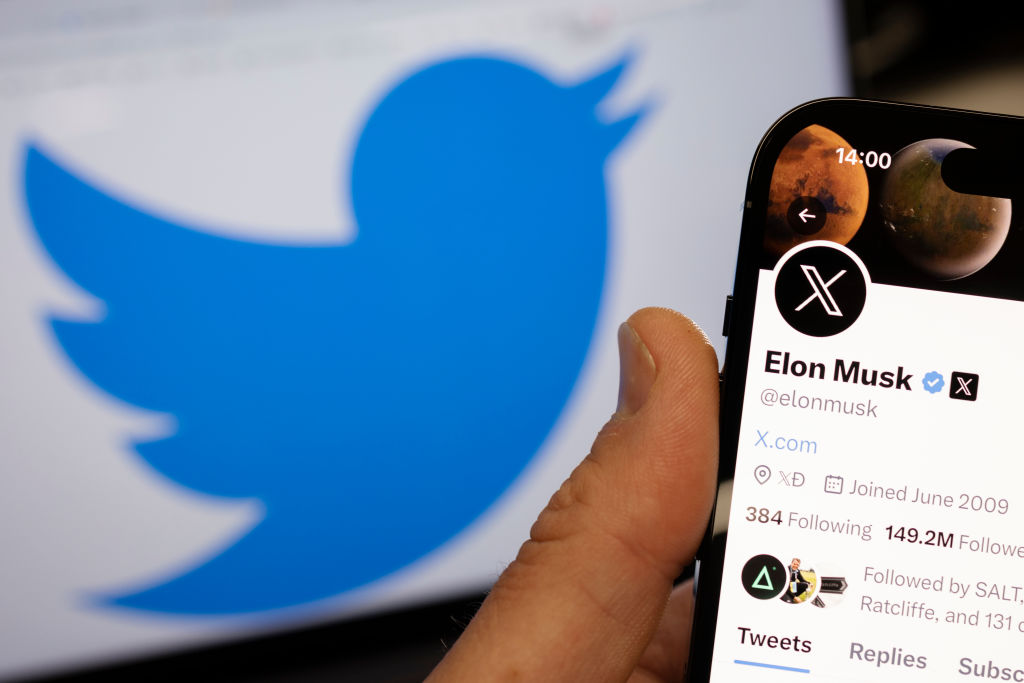

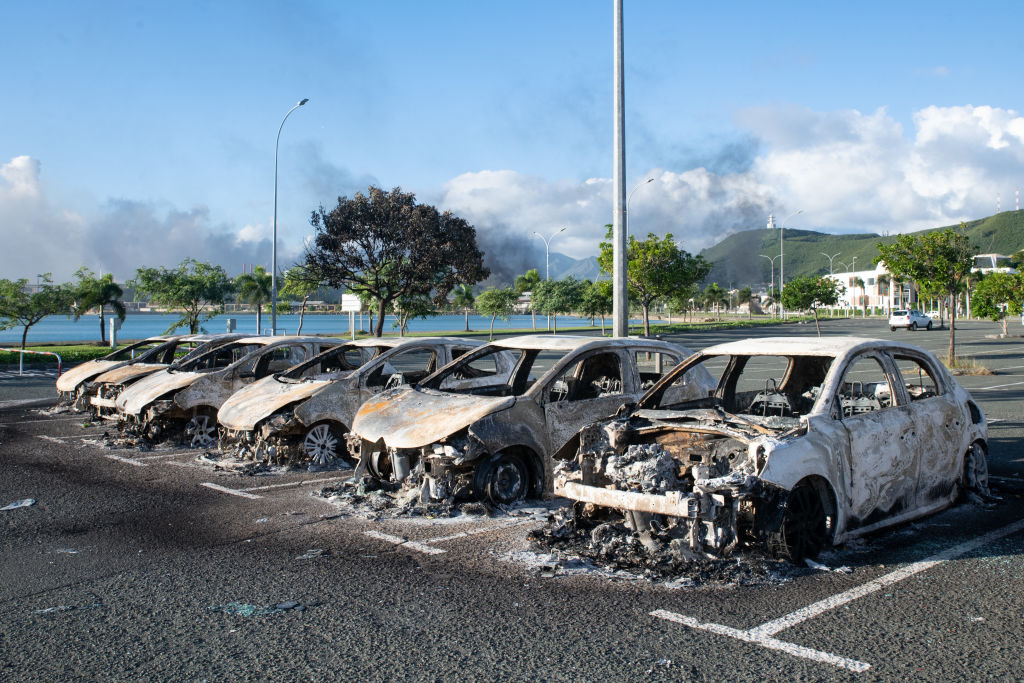





 English (US) ·
English (US) ·  Turkish (TR) ·
Turkish (TR) ·